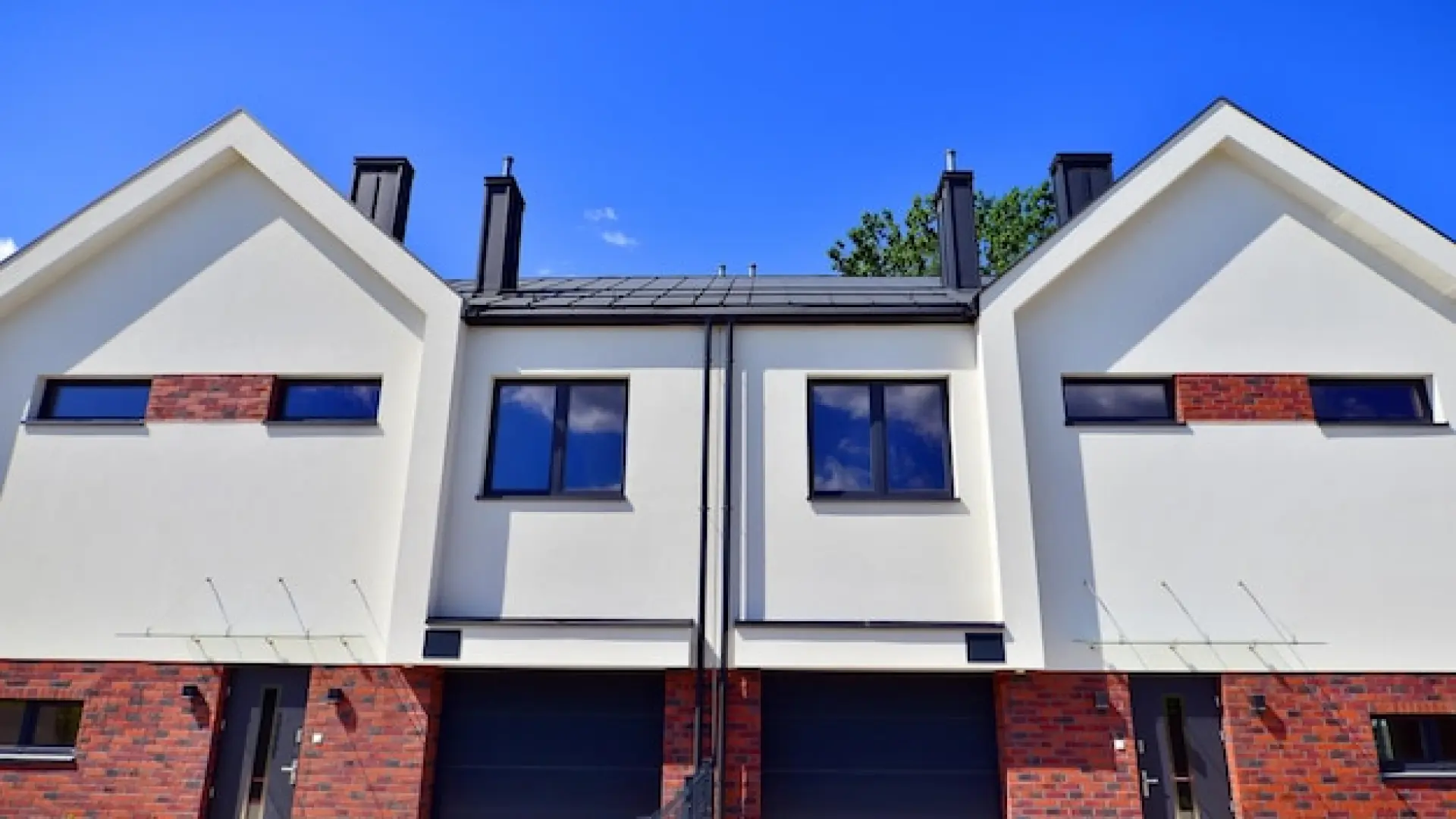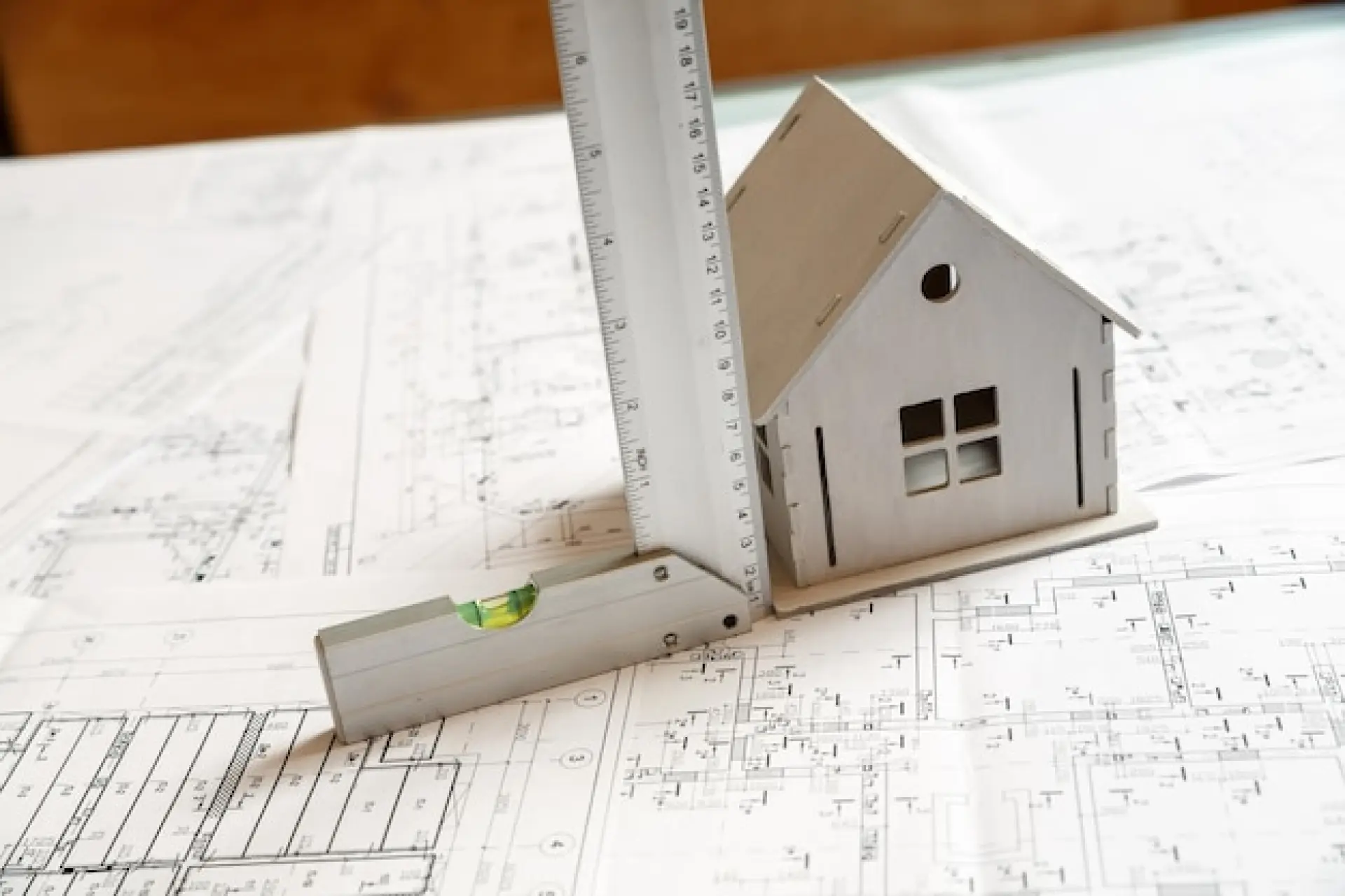Explore the pros and cons of Single-Storey vs Double-Storey Extensions. Boost your property value with thoughtfully designed home extensions.
Pros and Cons of a Single-Storey Extension
A single-storey extension is a great way to add space to your home, especially for open-plan kitchens, dining areas, or additional living rooms. One major advantage is that it typically requires fewer structural alterations, making it quicker and more affordable to build. Additionally, planning permission is often simpler compared to multi-storey extensions.
However, a single-storey extension takes up more garden space, which could limit outdoor areas. The roof and foundations can also be expensive in proportion to the space gained.
If you need multiple rooms, it may not be the most efficient option. While it enhances the ground floor layout, it does not increase bedroom or bathroom capacity, which could be a drawback for growing families.
Pros and Cons of a Double-Storey Extension
A double-storey extension maximises internal space without significantly increasing the building footprint, making it a practical choice for those with limited garden space.
It can add both living areas downstairs and extra bedrooms or bathrooms upstairs, boosting property value. The cost per square metre is often lower than a single-storey extension because the foundations and roof serve two floors instead of one.

On the downside, double-storey extensions typically require more planning approvals and may be subject to stricter building regulations. They can also take longer to construct, causing greater disruption to your home.
Additionally, considerations like privacy and overshadowing neighbouring properties may lead to design restrictions, adding complexity to the project.
Space Considerations: How Much Room Do You Need?
Before deciding on an extension, assess your space requirements. If you need a larger kitchen or a single additional living area, a single-storey extension might be sufficient. However, if you require multiple bedrooms or a combination of new living and sleeping spaces, a double-storey extension could be the better solution.
Consider your garden size and how much outdoor space you are willing to sacrifice. A single-storey extension spreads out, reducing garden space, while a double-storey extension retains more outdoor area. The overall flow of your home is also important—expanding upwards might provide better layout options without taking up as much ground space.
Planning Permission and Building Regulations
Planning permission depends on the size and design of your extension. Single-storey extensions often fall under permitted development rights if they meet specific criteria, such as staying within height and depth limits. However, larger extensions or those in conservation areas may require approval.

Double-storey extensions are more likely to need planning permission, especially if they affect neighbouring properties.
Both types of extensions must comply with building regulations, covering aspects like structural integrity, fire safety, and energy efficiency.
Party Wall Agreements may also be necessary if construction affects shared boundaries. Consulting a professional ensures all legal requirements are met before work begins.
Which Extension Offers Better Value?
The value an extension adds depends on your property’s location, the quality of the build, and how well the new space integrates with your home.
While single-storey extensions can be more affordable, they may not offer the same return on investment as a double-storey extension, which provides more usable space.
A double-storey extension can significantly boost property value by adding bedrooms and bathrooms, which appeal to buyers.
However, the higher construction costs and planning complexities should be considered. If budget is a primary concern, a well-designed single-storey extension may be the better choice. Weighing cost, space, and long-term benefits will help determine the best option for your needs.
Are you planning an extension in Coventry, Nuneaton, West Midlands? If you are planning an extension, you will want to discover if it is viable to do so. Ask our house extension builders today for a quotation.


